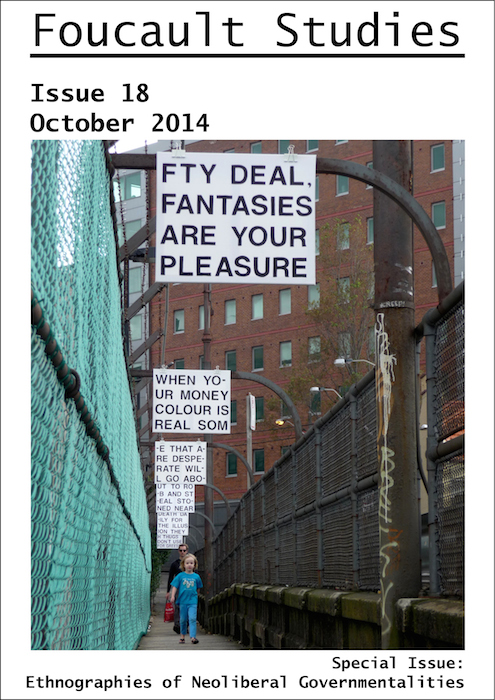Platonism, Christianity, Stoicism: The Subject, The Truth, And The Political Import Of Their Relationship In Three Traditions
DOI:
https://doi.org/10.22439/fs.v0i18.4661Keywords:
askêsis, hermeneutics, epimeleia, metanoia, self-knowledgeAbstract
Foucault has been criticized for overlooking the similarities among Platonism, Christianity and Stoicism, and overstating Stoicism’s distinctness. However, an examination of Stoic theories of truth shows that the Stoics sought out a particular kind of knowledge, and that this knowledge was necessarily sought by means of a certain circular process, to which Foucault himself vaguely alludes. This accounts for many of Foucault’s observations, and explains why, even when Stoics speak about such topics as self-knowledge and self-renunciation in ways that recall Platonism and Christianity, their approach is rightly characterized as differing from that of their Platonic and Christian counterparts. Ultimately, this sheds light on Stoicism’s import for politics. In short, only by the Stoic will the search for truth be carried out in such a way that the individual’s identity will neither reinforce, nor be reinforced by his or her grasp of the truth; and this will uniquely prepare the Stoic to enter the political domain and to be recognized there as someone who speaks the truth.Downloads
Published
2014-10-17
How to Cite
Weiss, R. (2014). Platonism, Christianity, Stoicism: The Subject, The Truth, And The Political Import Of Their Relationship In Three Traditions. Foucault Studies, (18), 213–237. https://doi.org/10.22439/fs.v0i18.4661
Issue
Section
Section in collaboration with Foucault Circle
License
Authors retain copyright to their work, but assign the right of the first publication to Foucault Studies. The work is subject to a CC BY-NC-ND 4.0 license, but despite these restrictions, authors can take for granted that Foucault Studies will permit articles published in Foucault Studies to be translated or reprinted in another format such as a book providing a full reference is made to Foucault Studies as the original place of publication.



